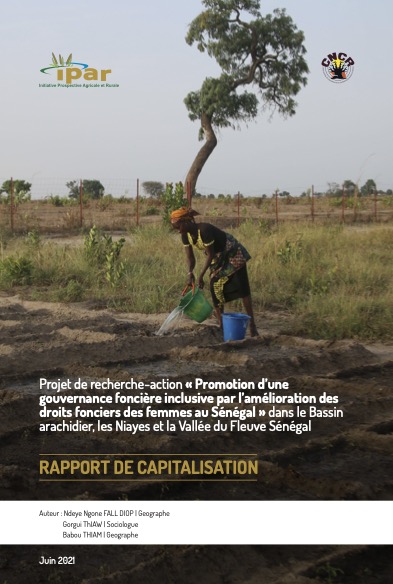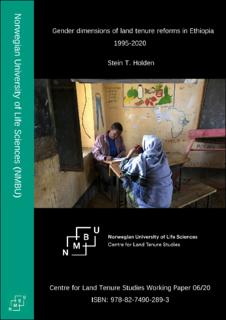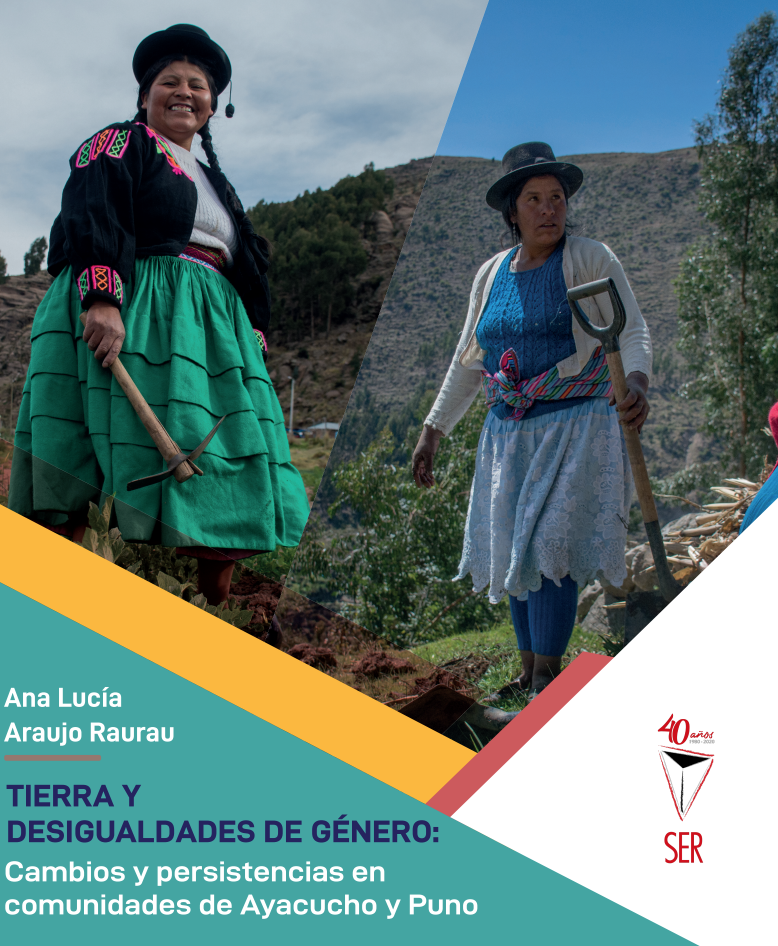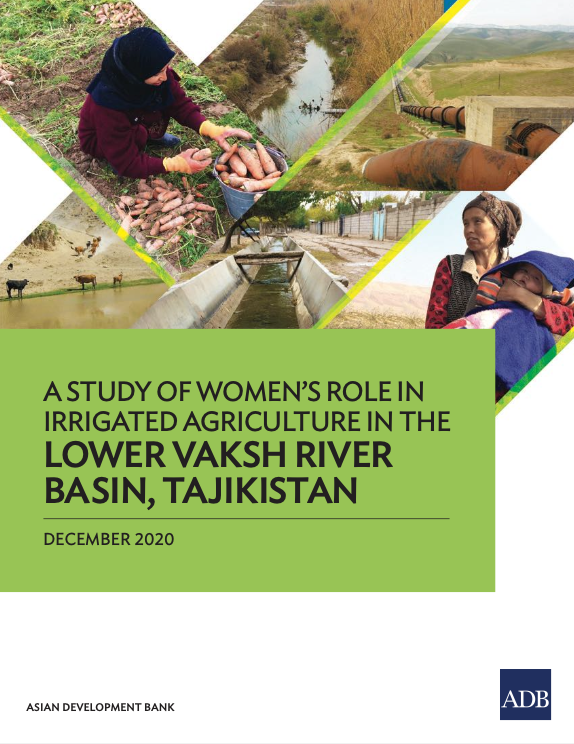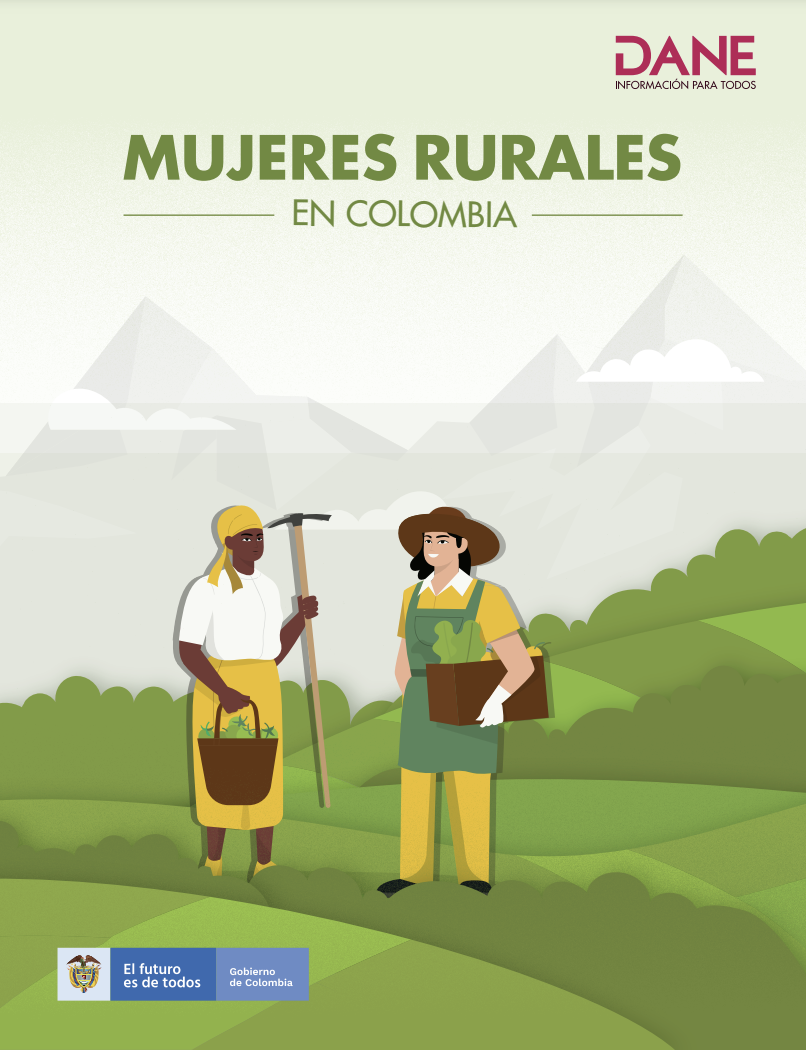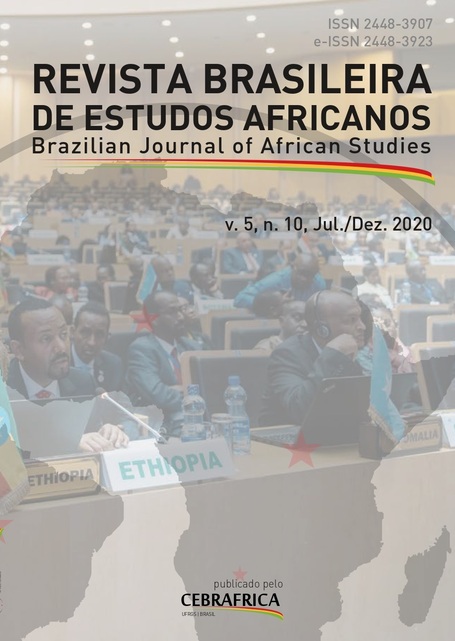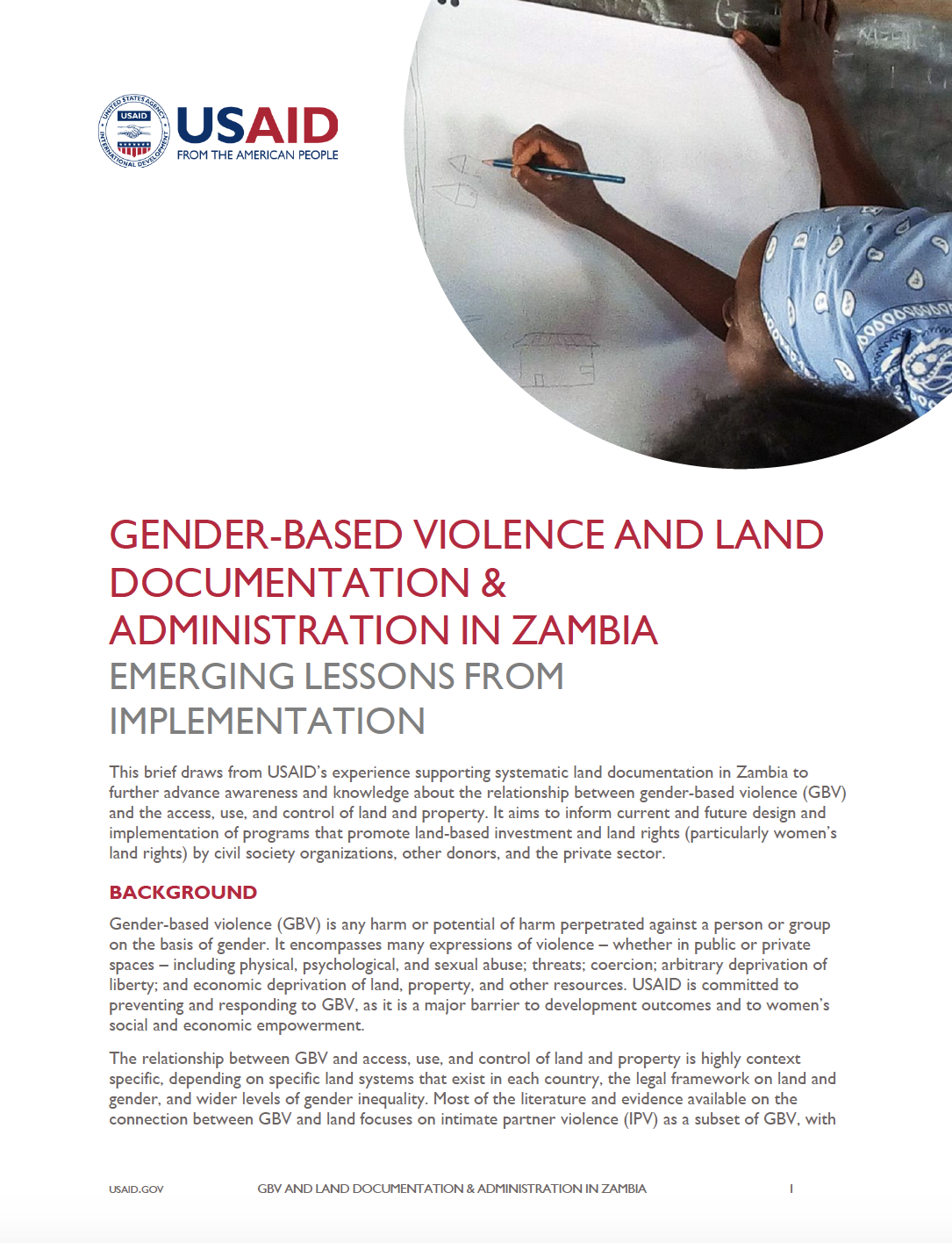Securing Tenure in African Cities: Learnings from five small-scale incremental innovations led by local NGOs and social entrepreneurs
Achieving tenure security, land and property rights in informal urban settlements remains one of the most persistent, intractable development challenges today. The Secure Tenure in African Cities: Micro Funds for Community Innovation initiative launched by Cities Alliance aimed to address this challenge.


